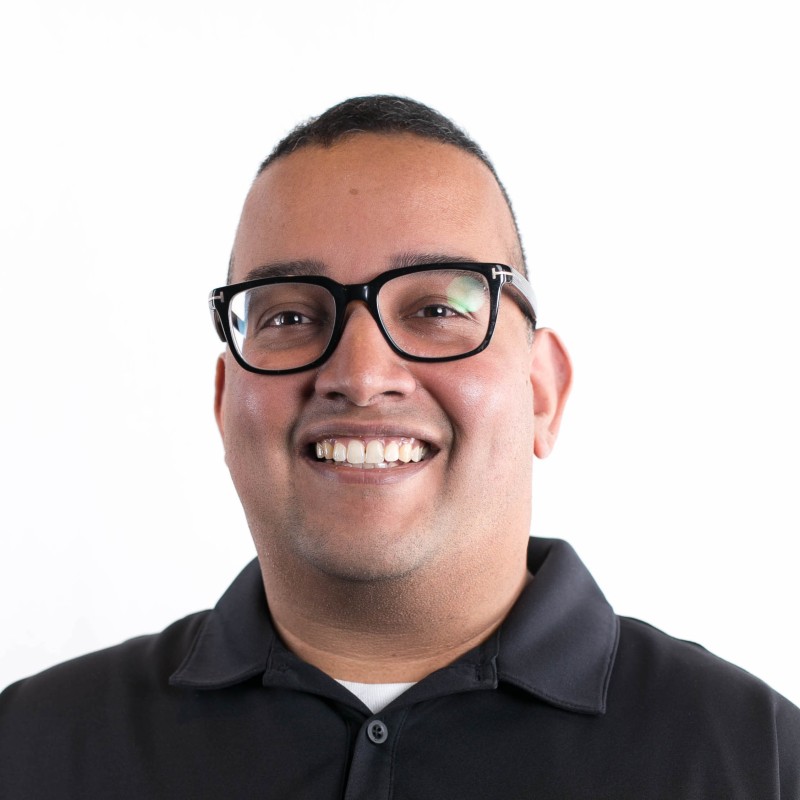
Siemens Healthineers transitioned from manual processes to a modern SaaS, emphasizing the importance of establishing SRE foundations by focusing on critical SLIs like availability and leveraging observability data for continuous improvement. Harness Platform supports this journey by managing SLOs, conducting chaos experiments, and validating deployments to enhance system reliability.
In this episode of ShipTalk, we are joined by Dr. Vlad Ukis, who is the Head of R&D for Siemens Healthineers and author of Establishing SRE Foundations.
Podcast [Audio]:
Podcast [Video]:
SRE Journey at Siemens and Your Organization
Medical devices and healthcare technology can be viewed as a critical industry. Lives and quality of care can be at stake if systems or platforms malfunction. Dr. Ukis walks us through the journey that Siemens has gone through from sending USB sticks hospital to hospital to operating a modern SaaS.
Operating a SaaS, Siemens early on recognized the need to scale the science of reliability. Dr. Ukis gives great advice to individuals or organizations starting out on the journey. For example if you had 90 days or a quarter to experiment:
“You need to start building the infrastructure. I would say the very minimum that you could do that you learn to concentrate on is again you just select one most important SLI that would be applicable to the broad broad range of services, which would be availability, and then you allow using the infrastructure for the engineers to specify the SLOs”.
Taking a baseline is critical when starting out. You can not improve what you can not measure. With newly started SRE teams, a good amount of time is taken creating baselines and building trends off of what observability data is available. At Harness, we help bubble this information up quickly to be taken into account when executing your delivery pipelines.
Harness, Your Partner on Your Reliability Journey
The Harness Platform is robust in helping extend your resilience capabilities. From having the ability to organize and manage your SLOs to experimenting with chaos experiments, Harness has a broad set of capabilities. The Harness Platform can also validate deployments with observability data and automatically roll back if needed. Feel free to sign up for the Harness Platform to start to further your resilience goals.
